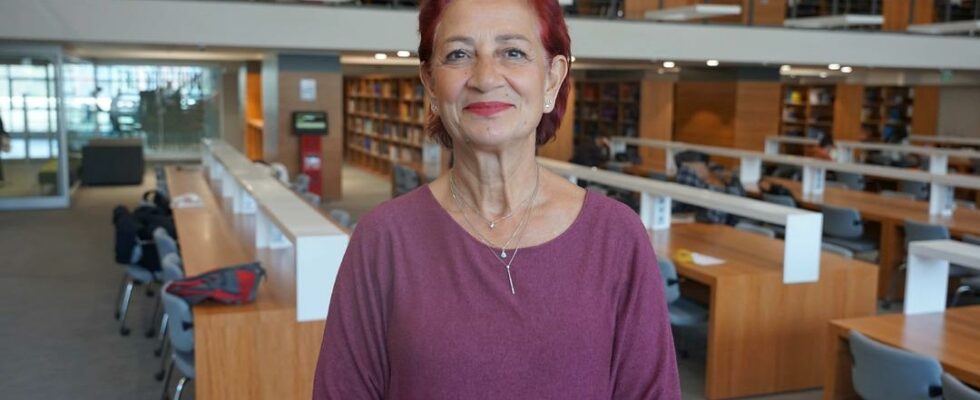Istanbul Atlas University, Faculty of Human and Social Sciences Department of Psychology. Dr. T. Gül Şendil made an assessment of how to approach children about the concepts of death and mourning.
“The approach of approach allows them to understand their feelings”
Stating that children perceive the concept of death in different ways according to their development levels and age, Şendil said, “When they encounter such a situation, parents’ approach to their children, their children to understand their feelings about death and to live these feelings in a healthy way,” he said.
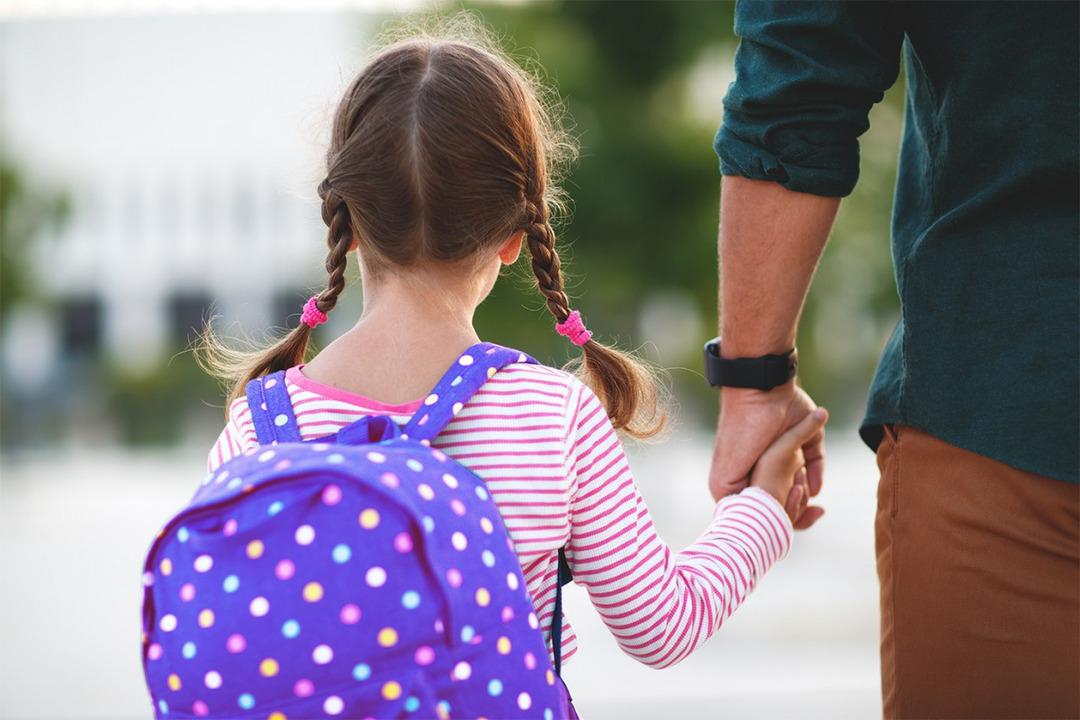
‘Description must be in accordance with the child’s age and development level’
Şendil, who expresses their feelings and thoughts about death is different from adults, Şendil said. First of all, the explanations to children about death can be different according to their age and development level, so that all kinds of explanations to be made should be remembered. ”
‘It should be answered honestly’
Şendil noted that parents do not lie to their children, regardless of age and development.Children He can ask many questions about death. It is very important for parents to be patient and to answer their children’s questions honestly and share the facts with them in a loving way. When they encounter questions they do not know the answer, they can say ‘they are not sure about this but they can think together’.
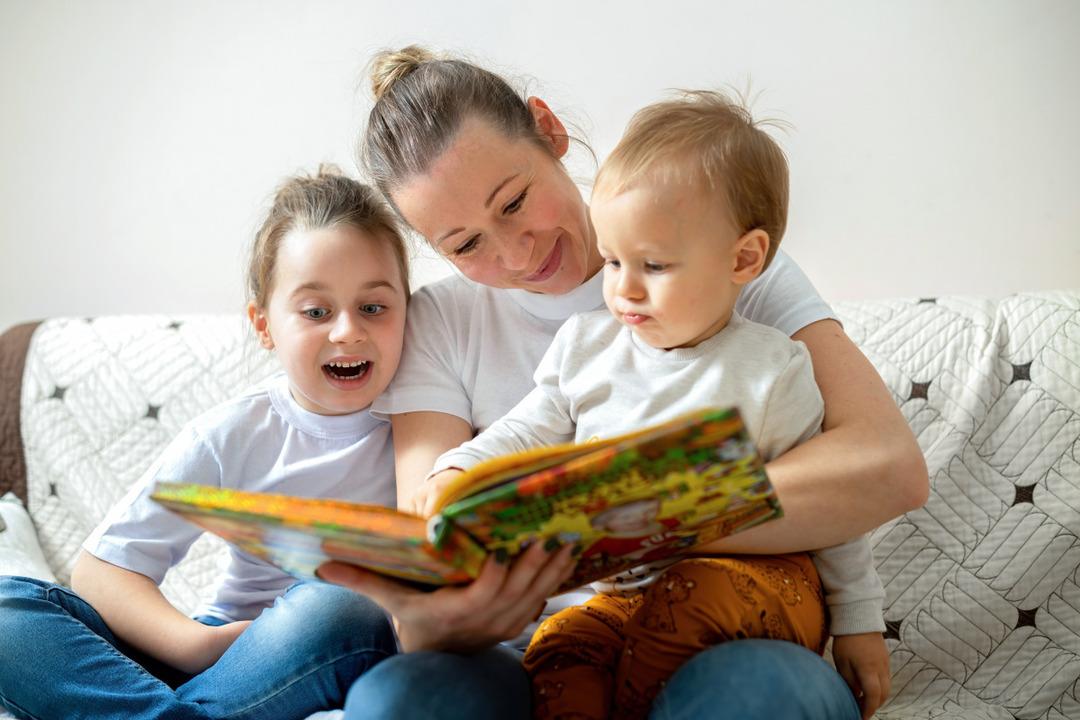
‘Indirect statements confuse them’
Şendil said that children in the period up to 5 years of age should be given a concrete and simple explanation. They can explain them with concrete and simple expressions about the person who has been lost. For example, ‘grandfather died, he will no longer be with us …’ like. Making indirect expressions or misleading explanations confuses them. In particular, the wrong explanations made to children like ‘sleep’ or ‘went to another place’ may cause sleep problems or addiction problems such as not being able to stay away from their relatives. ”
‘It should be explained clearly and honestly for reasons’
Şendil noted that children between the ages of 6 and 9 began to understand that death is a permanent and irreversible process and said, “They probably associate the concept of death with old age. If the loss is an elderly close to him, it is necessary to explain this loss clearly and honestly and to say that death is a natural process. When an unexpected death occurs, this can be explained clearly, honestly and for the reasons. ”
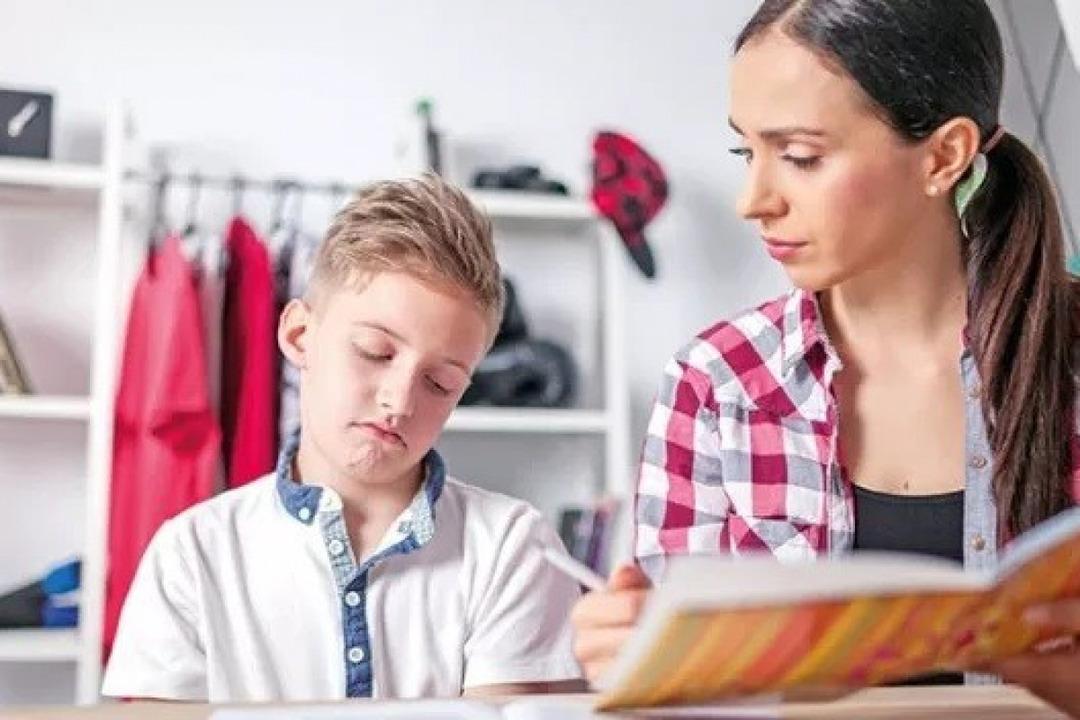
‘They understand that death is real after the age of10’
Şendil stated that children who are 10 years and older understand that death is real and universal. They can better predict the long -term results of loss. Further and emotional aspects can be made with children of these ages ”.
‘It is also important that emotions are not neglected’
“The explanations to be made to children are important, but the emotions are not neglected as well as it is so important, Şendil said,” The loss will lead to deep sorrow in people, parents should not deny these feelings for themselves or for their children. Children fear, sadness, guilt, guilt, It can be explained that the parent is mourning in different ways, and that the parents of the parents will experience their own feelings. He teaches children that emotions should not be suppressed. ”
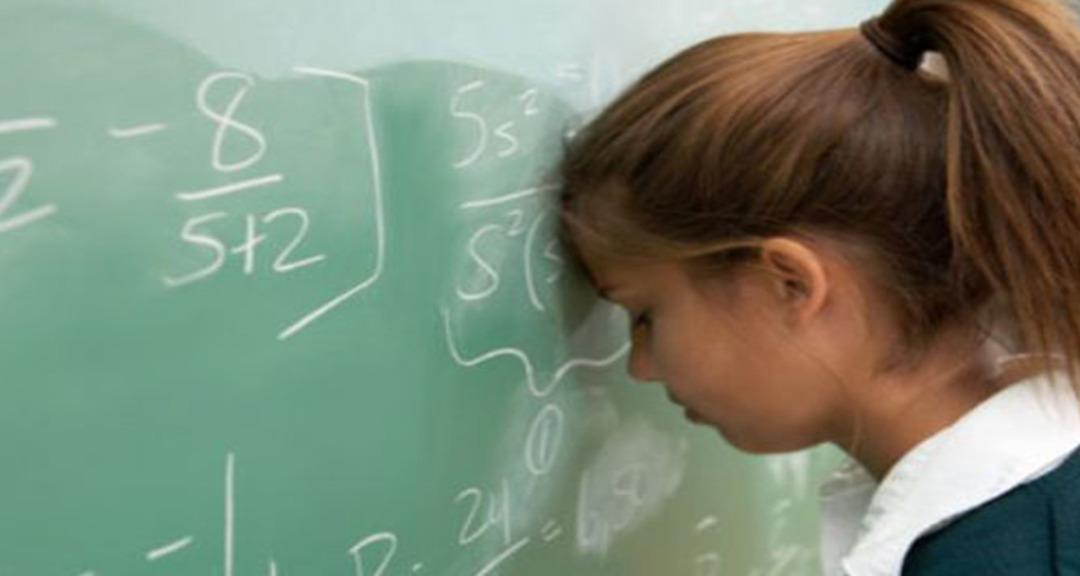
‘Should children be taken to the funeral?’
Prof. Dr. T. Gül Şendil said that involved in children older than 7 years of funeral, prayer or another commemoration ritual can help understand and say goodbye. Şendil said, “It is important to explain the rituals in advance and to ask if they are volunteer. In addition, planting flowers or trees in the memory of the deceased relative, regular grave visits, creating a memorial book or album can help children live healthy ”. In some cases, the children may show symptoms such as intense fear, anger or sadness after the loss, Şendil said that in such cases it may be useful to get help from a child psychologist or therapist.
(UAV)
